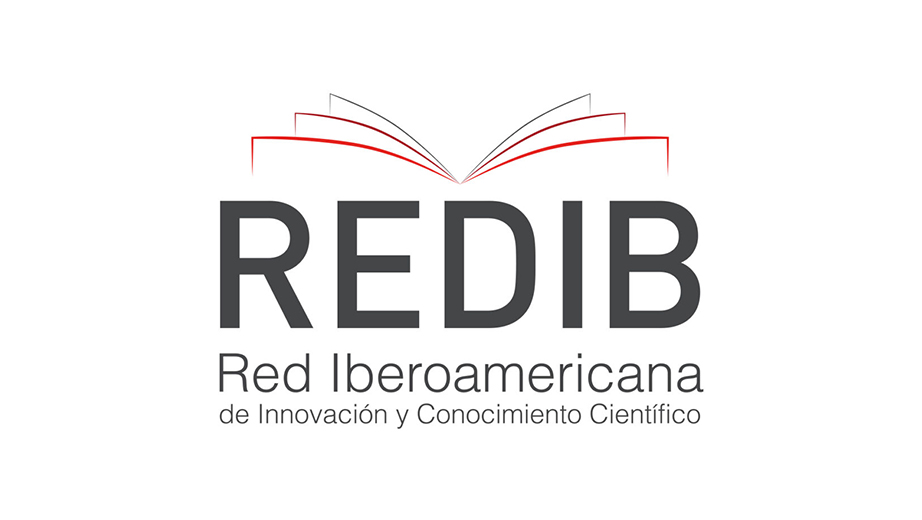Nations and Nationalism: Questioning Ernest Gellner’s Theory
Keywords:
Nation, nationalism, Ernest Gellner, creation, modernizationAbstract
The question of nations and nationalism always brings a lot of question for there does not seem to be an agreement on the roots of nationalism and the typology it brings with. The disagreement on nation and national goes that far that, there is no agreement on who used the term nationalism first and let alone on actual applicability and consequences it goes with. Ernest Gellner, as an author of one, largely discussed, theory, sees nations as bi-products of industrialization and as made up where they did not exist before. In this sense, he identifies three periods of human lives: hunter-gatherer (or, pre-agrarian), agro-literate and industrial and sees nationalism as an existing movement only in the third one. In this sense, he ties nationalism with imperialism for he claims that nationalism always seeks to spread the boarders and for the higher class to control the lower class. Also, he sees impossible for pre-industrial societies to be able to foster nation and nationalism as such since, for him, nations do not exist where there is no state. This paper therefore discusses this theory based on other theories of nationalism that offered different views (namely Benedict Anderson’s and Anthony D. Smith’s theories) as well as some examples of nationalistic movements from Spain and Croatia. The issues questioned in this paper are thus Gellner’s view of nationalism emerging after industrialization, non-existence of nationalism without the state; the system of the state education as a means of enforcing nationalism and cultural and national homogeneity.Downloads
Published
2011-01-23
Issue
Section
TEORÍA Y METODOLOGÍA









